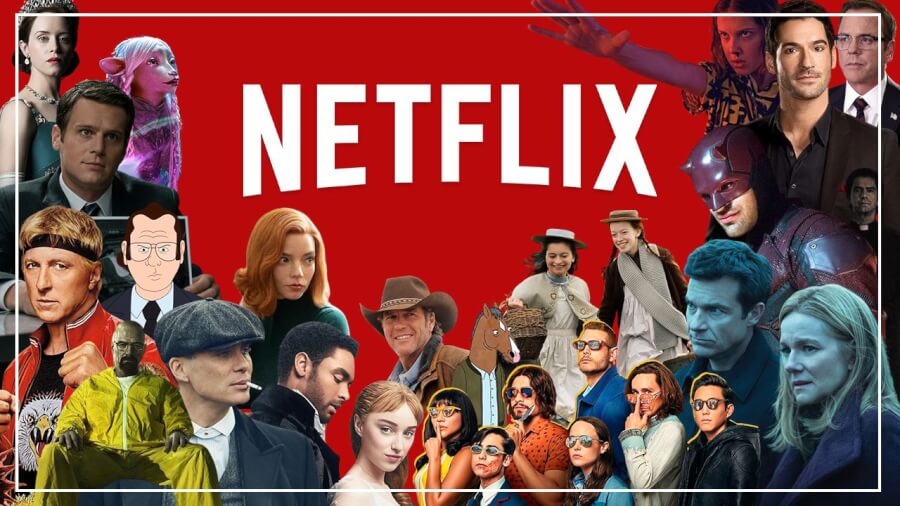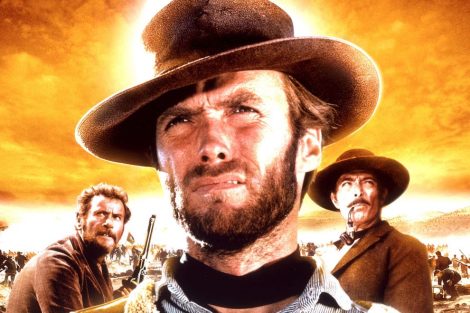The company that caused the biggest change in the history of television has hit a wall. Just at a time when more people are consuming video via streaming than on cable and/or broadcast television, Netflix is abjuring itself and is about to insert ads into its programming.
The undisputed leader in the production and distribution of commercial video, it has important audiences in almost every country in the world, except China. We are more than 220 million subscribers who feed our minds with the refined evil of Frank Underwood, the sick games of the squid, the tragic life of the high school teacher turned drug dealer and the fantasies of The Sandman.
Six years ago the weekly magazine of the New York Times published a text titled Can Netflix Survive in the New World It Created? Apparently, the answer is a simple no.
I think we all know the story by now. Once upon a time there was an abusive and inefficient company -Blockbuster–, which was dedicated to renting movies, selling candy and charging surcharges, until it went bankrupt because as of 1997 -first by mail and in DVD format (two at a time in the basic plan) and a decade later, via the Internet–, another company came to market, delivering movies and complete television programs, direct and without commercials.
Netflix was born with 700 titles and then bought, for next to nothing, the digital streaming rights of nearly the entire mainstream film and TV industry, which basically ignored it. Even in 2012 when they paid 100 million dollars to produce 26 chapters of a political drama -House of Cards–, which implied that they would need to recruit more than 10 million new clients to recover their investment. And of course, they succeeded.
As cable television and broadcast television follow in the footsteps that once led the old newspaper and music industries to go the same route as the dinosaurs, Netflix has become the main reference of the era of transmissions via streaming. Internet.
For the naive who want to think that content is king, Netflix has demonstrated its technological superiority in video compression – it is the main beneficiary, along with YouTube, of the dramatic increase in the use of broadband on the planet – and, especially in the use of the data that the users themselves generate when using their platform.
Incidentally, in their early years they were able to turn the movie market around -which the old industry controlled-, becoming a mega-distributor of television series that had had some success in some national markets.
Focused on creating a global market – today it has 220 million paid subscribers in 196 countries and in the United States alone it has 70 million, more users than cable television ever had – Netflix has not been a very lucrative business. A favorite of “the markets”, however, it has so far had sufficient capital investment to invest more than any other media company in the production or purchase of content. This year, about 20 billion dollars.
From the article quoted above, I am left with what Reed Hastings, one of the creators of Netflix, said: once the viewer knew television without commercial interruptions, without having to wait a week to see the next chapter and with thousands of options at their fingertips, they will never go back to the old formats where a handful of executives had all the control.
Convinced that all television will end up moving to the Internet -as happened with telephony, from fixed lines to mobiles-, however, just last month Hastings himself announced that, given the pressure of other platforms against that now competes -Amazon, Apple, etc.– Netflix is in talks with Google and Microsoft to find a formula that allows them to include ads within their content offer.
In other words, and essentially, the same model with which commercial television was born in the middle of the last century; what a pity.











